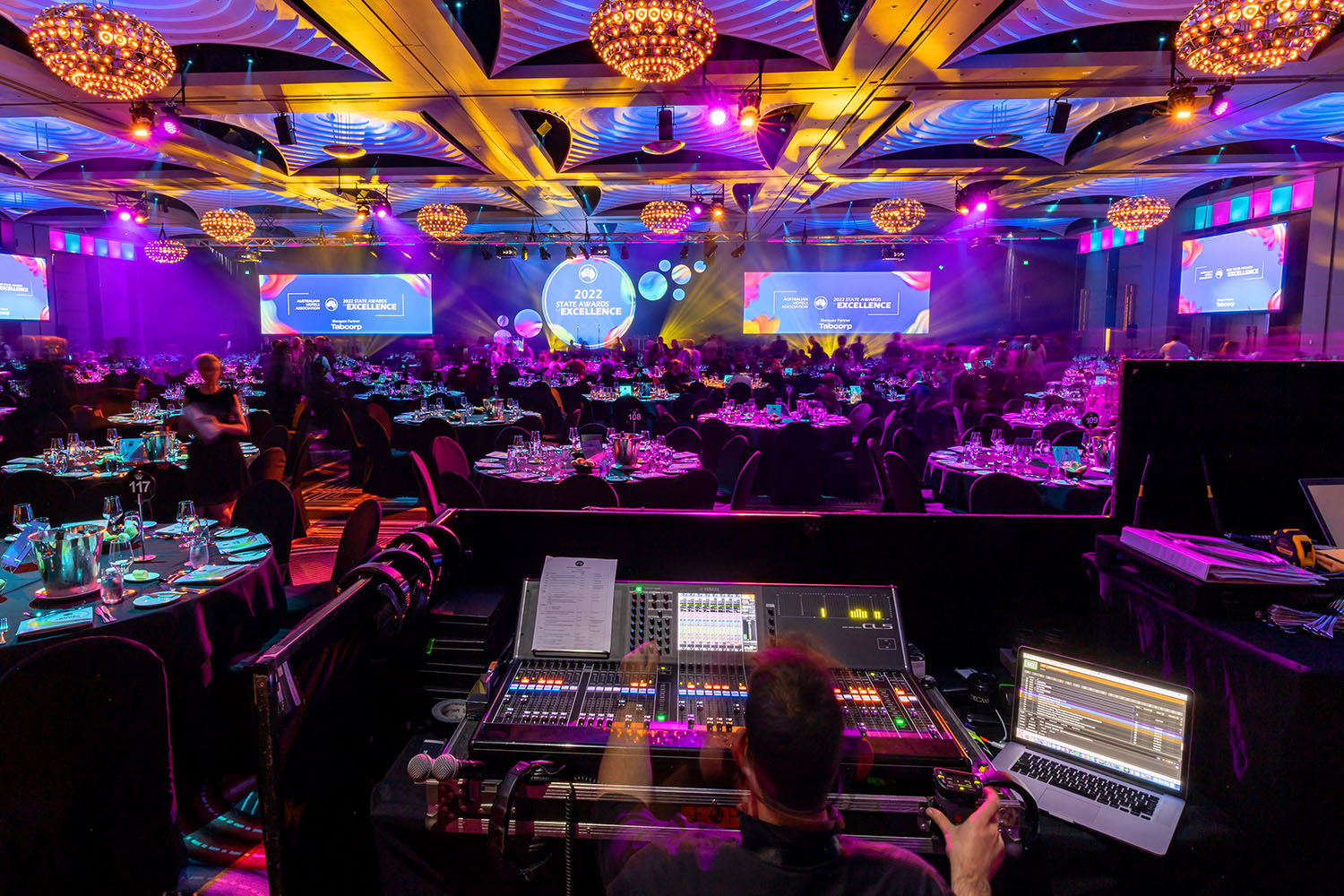Discover Innovative Methods in Event Productions for Memorable Experiences
Discover Innovative Methods in Event Productions for Memorable Experiences
Blog Article
Recognizing Just How Events Production Functions: A Comprehensive Overview of the Refine
The details of occasion production demand a methodical technique that incorporates numerous phases, each playing a crucial duty in the general success of an occasion. Recognizing the nuances of budgeting, resource allotment, and on-site monitoring is vital for any kind of expert in this area.
Preliminary Preparation and Idea Advancement
Effective first planning and principle development work as the foundation for effective events production. This phase entails specifying the occasion's objective, target audience, and wanted results. A clear vision is important; it overviews all succeeding choices and helps straighten the team's efforts towards an usual goal.
Throughout this stage, conceptualizing sessions can be vital. Involving stakeholders, consisting of clients, sponsors, and potential guests, fosters a joint setting that creates ingenious ideas. Additionally, comprehensive marketing research should be conducted to recognize patterns, choices, and prospective challenges.
As soon as the principle is established, it is important to create an in-depth occasion summary. This outline ought to include the event's motif, format, and crucial activities. Developing a timeline is just as important, as it aids to take care of target dates and tasks effectively.
Budgeting and Source Allotment
With a solid concept in place, focus has to turn to budgeting and source allowance, which are vital elements in carrying out the event effectively. A well-defined budget offers as a roadmap, describing all expected costs and available resources - Event Productions.
Resource allotment includes appointing both human and financial sources to different jobs and components of the event. Prioritization is vital; important components ought to receive adequate financing while much less critical facets may require a much more conservative technique. Contingency planning is important-- alloting a part of the budget plan for unexpected expenses can minimize monetary dangers.
On top of that, reliable interaction among staff member regarding budget constraints promotes cooperation and advancement. This advertises the liable usage of resources and motivates creative options to stay within spending plan. Inevitably, a tactical method to budgeting and source appropriation lays the groundwork for an effective occasion, enabling planners to focus on providing an unforgettable experience for attendees while preserving economic honesty.
Logistics and Control
Browsing the complexities of logistics and coordination is important for the seamless implementation of any kind of occasion. This stage involves careful preparation and organization to make certain that all components work in consistency. Secret elements include location selection, transportation arrangements, and the scheduling of different tasks.
This includes understanding the layout, accessibility factors, and readily available resources. Coordinating these aspects requires partnership with suppliers, vendors, and transportation solutions to make certain timely deliveries and pickups.
Another important element is the development of an extensive timeline that outlines all logistical elements leading helpful resources up to the event. This timeline acts as a roadmap, describing essential turning points and target dates for tasks such as devices setup, providing services, and audiovisual installments. Routine communication with all stakeholders is crucial to address any type of prospective concerns proactively.
Implementation and On-Site Administration
Successful execution and on-site management are crucial for transforming meticulous strategies into truth throughout an event. This phase includes the seamless coordination of different components, ensuring that every information straightens with the established vision. On-site supervisors play an essential duty, serving as the main factor of communication amongst suppliers, team, and stakeholders. Their capacity to make real-time choices can substantially impact the occasion's success.
A well-defined routine is crucial, working as a roadmap for all activities. Event managers need to make certain that arrangement occurs in a timely manner, adhering to timelines for sound checks, catering deliveries, and guest arrivals. Efficient analytic skills are likewise crucial; unanticipated difficulties can emerge, calling for fast thinking and flexibility to keep the occasion's flow.
This level of involvement not only boosts the total experience but also reflects the expertise of the occasion team. Ultimately, successful implementation and on-site management joint on thorough preparation, reliable interaction, and a commitment to delivering an extraordinary event for all involved.

Post-Event Assessment and Responses
The end result of any type of occasion exists not only in its implementation however also in the thorough evaluation that follows. Post-event examination is vital for identifying the overall success of the occasion and identifying areas for renovation. This process commonly involves celebration responses from different stakeholders, including guests, suppliers, and staff member, to get an visit site extensive perspective on their experiences.
To structure the evaluation, event coordinators commonly utilize interviews and surveys, concentrating on key performance signs such as participant fulfillment, logistical performance, and spending plan adherence. Examining this data allows organizers to examine whether the occasion met its goals and to understand the staminas and weaknesses of the implementation.
By methodically dealing with responses and applying modifications, occasion specialists can boost their strategies, eventually leading to more impactful and effective events. In verdict, post-event assessment is a crucial action in the occasion manufacturing process that guarantees recurring development and quality in future undertakings (Event Productions).
Conclusion

The ins and outs of event manufacturing demand a methodical technique that incorporates several phases, each playing an important role in the overall success of address an event.With a solid idea in place, interest should transform to budgeting and source allotment, which are important parts in implementing the occasion efficiently.Resource appropriation includes assigning both human and economic sources to numerous tasks and parts of the occasion. Eventually, a strategic technique to budgeting and resource allotment lays the groundwork for a successful event, allowing planners to focus on supplying an unforgettable experience for attendees while maintaining economic stability.

Report this page